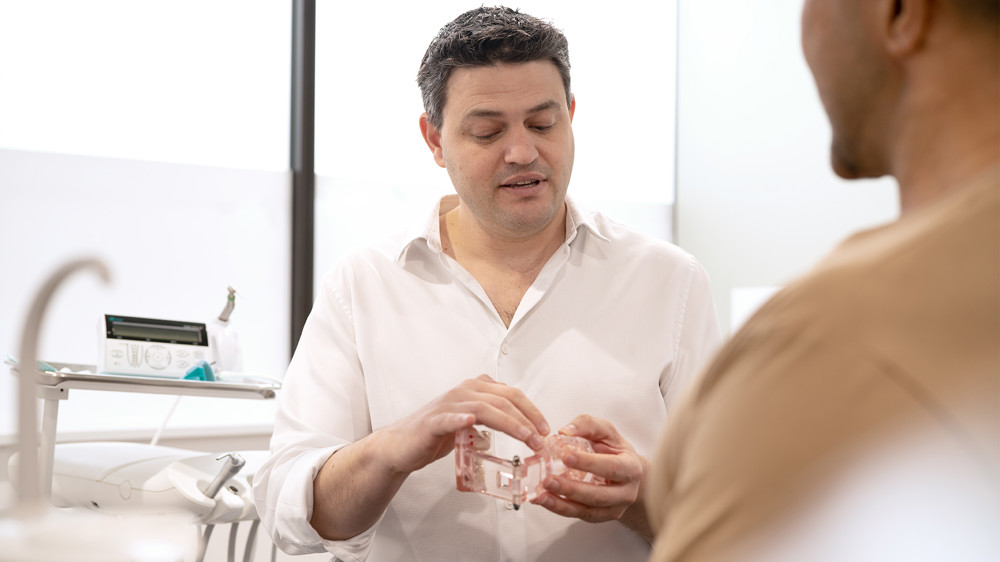What is a tooth extraction?
When you have a damaged tooth, your dentist will aim to fix it and save the tooth by using dental treatments such as root canals, crowns or fillings. If the tooth is too badly damaged then extraction is needed.
Only a dentist or specialist will be able to tell if a tooth needs to be extracted. At the first appointment they will examine and assess your teeth and mouth and recommend the best treatment option. Good oral hygiene and regular dentist visits can often prevent the need for tooth extraction.
